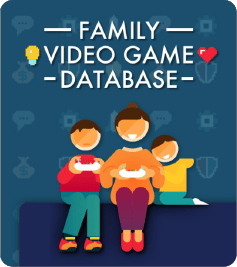The internet is a fantastic innovation that has, in many ways, made life more convenient, given us more choice, brought enrichment and for many, made it easier to meet and communicate with friends old and new.
Social media platforms, online dating sites and apps abound, as do chat facilities when people are doing other things like online gaming. It’s hard to remember the time before we had Facebook and other social media sites, when we had to meet people in person or write letters. This was OK when someone lived locally or even in the same country, but much more challenging if they were abroad. One of the great things about meeting up, however, was that we knew who we were talking with because we could see them, right there in front of us. If it was a phone call, we could hear their voice.
The internet has changed all of that because these days, we just don’t know who we’re talking to. Many people who we meet and strike up conversations – or relationships – with online are genuine and just want to enjoy our company and friendship. However, at Get Safe Online we meet and hear about many people who have fallen prey to fraudsters and identity thieves who have gained their trust online over weeks and months by engaging with them as ‘friends’. The ‘sting’ often comes when there’s a request for money or bank account details because the person needs to ‘help a sick relative’ or ‘make an urgent journey’. They may also trick us into providing other confidential information.
These criminals, all of whom are very convincing, can be individuals or organised crime gangs, and can be physically located anywhere in the world, be it here in the UK, Europe, Africa, Asia or beyond. They often appear more genuine by posting profile photos of other people (who might have an attractive appearance or even resemble celebrities), and increasingly, using AI (Artificial Intelligence) to generate fake voices, scripts and even video chats.
How can we tell the difference between a genuine friend and a cybercriminal?
We can’t.
What we can do, however, is to think about why that person would strike up a friendship with us, and ask: what are their real motives? And if that ‘sting’ (the request for money, bank account or other details) does come … don’t even consider complying, but end the conversation and block that person, however well you think you’ve got to know them. If in doubt, never be reluctant or embarrassed to ask a friend or relative you trust, most people are more than happy to offer advice.










































